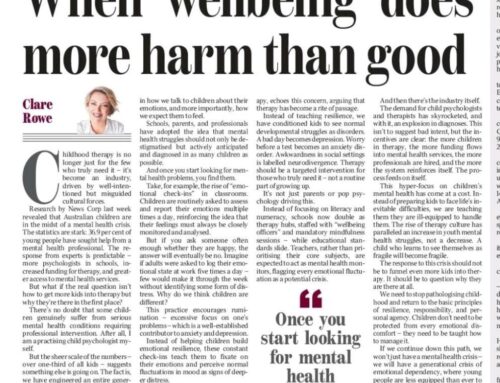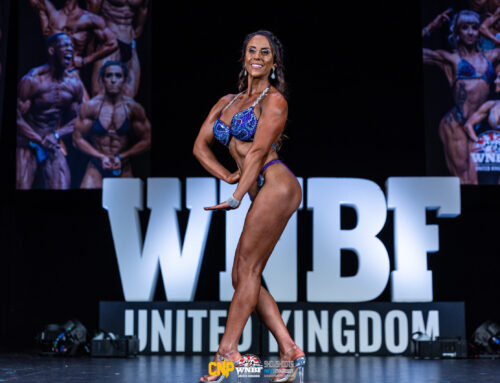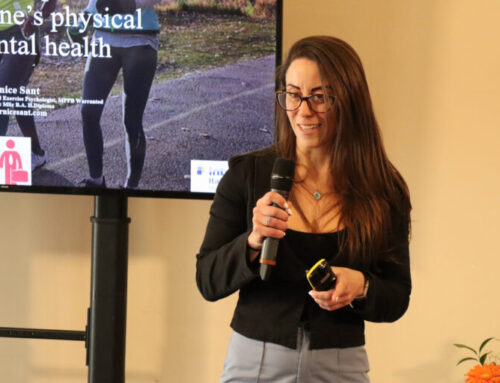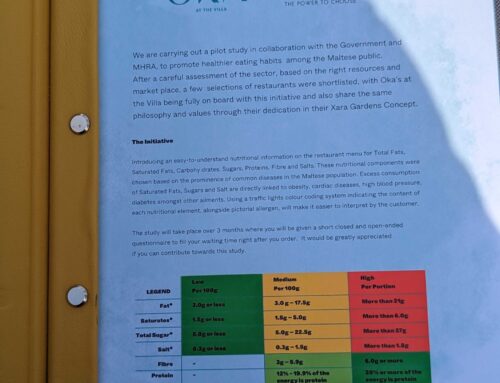“The fear of the unknown, or not knowing what is coming can be paralyzing. We are creatures of habit and we feel safe with predictability, sureness, and routine. Change is like opening a door and not having any idea of what is on the other side; we step into the unknown. We lose that comfortable routine, that comfort zone, and that is scary and frightening. And, all of this is what makes dealing with change so difficult.” (Johnen, 2015)
“When we experience curiosity, we are willing to leave the familiar and routine and take risks, even if it makes us feel anxious and uncomfortable. […] Curious explorers are comfortable with the risks of taking on new challenges. Instead of trying desperately to explain and control our world, as a curious explorer we embrace uncertainty, and see our lives as an enjoyable quest to discover, learn and grow.” (Kashdan, 2010)
Developing curiosity: (Johnen, 2015)
Ask Questions: Who? What? Where? When? Why? How? How come? – this allows for better reflection while also see possibilities that are out there.
Unleash the Inner Child: Children see everything as a fun and interesting learning experience. When something is fun, we like to do more, dig deeper into it. We associate excitement with fun and if we can translate that into whatever is changing for us, we have a better chance of positively dealing with it.
Shift the Mind to Neutral: Sometimes we have to put our mind in neutral so we are open to new ideas, experiences, or things. Remember, it is our mind that keeps the fear of the unknown “in gear.” So, we need to shift to neutral and be open to looking at the situation with new eyes; to learning or relearning or unlearning something so we can deal with the changed situation.
Suspend Judgement: When we approach situations with preconceived ideas and opinions we often get an outcome that matches those ideas and opinions. […] When change happens, if we don’t think we can handle it then we won’t be able to handle it. But, if we suspend judgment and go in with an open mind, we are more likely to discover how things really are or can be and not how we think they are or should be. So, avoid labels, assumptions, and expectations.



